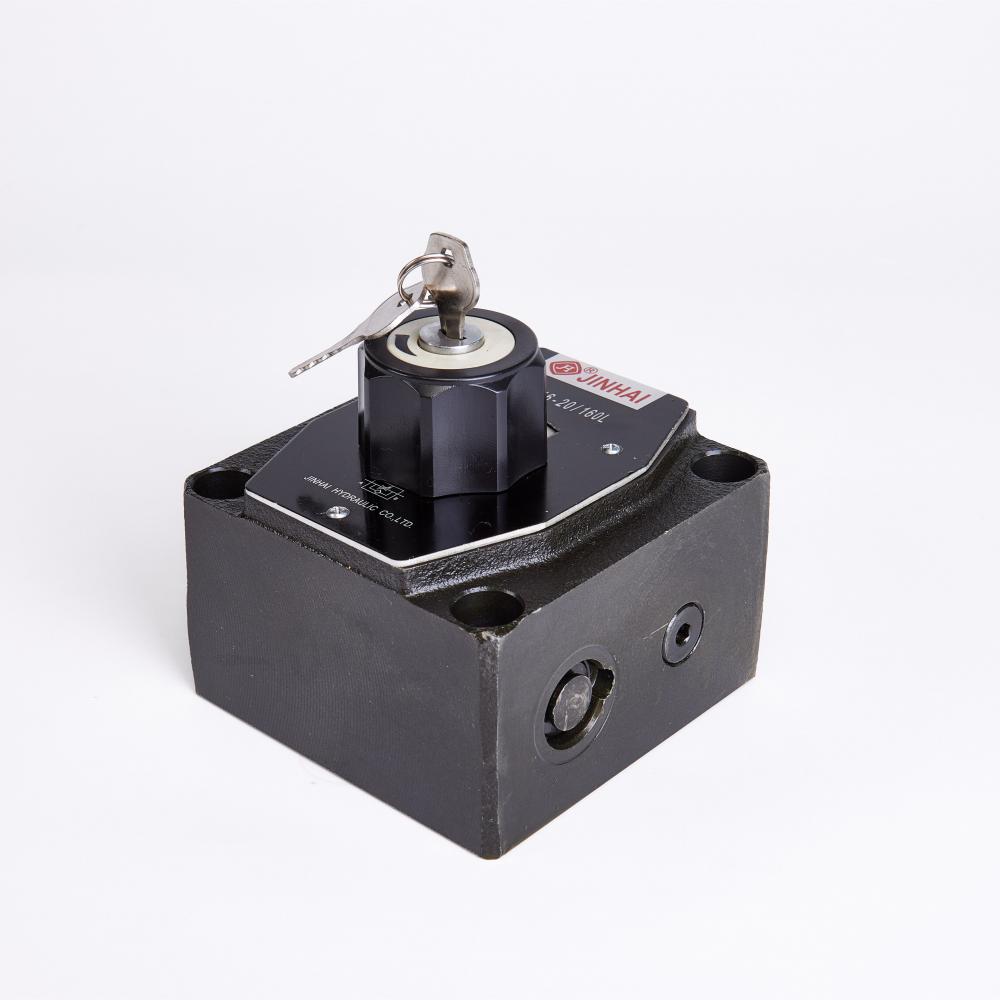Flow Control Valves are essential components in various industrial applications, helping to regulate the flow rate of fluids or gases. Selecting the right Flow Control Valve is crucial for achieving optimal performance and efficiency in a system. In this blog, we will discuss some key factors to consider when choosing a flow control valve.

1. Understanding the Application: Before selecting a flow control valve, it is important to have a clear understanding of the specific application requirements. Consider factors such as the type of fluid or gas being controlled, the desired flow rate, pressure range, and temperature limitations. This information will help determine the appropriate valve material, size, and configuration. 2. Valve Type: There are several types of flow control valves available, each with its own advantages and limitations. The most common types include globe valves, ball valves, butterfly valves, and needle valves. Globe valves are suitable for controlling high-pressure and high-temperature fluids, while ball valves offer quick on/off control. Butterfly valves are compact and ideal for larger flow rates, while needle valves provide precise flow control in low-flow applications. Choose a valve type that best suits the requirements of your application. 3. Flow Characteristics: Consider the flow characteristics of the fluid or gas being controlled. Is it a constant flow, or does it vary? Is it a laminar or turbulent flow? These factors will help determine the type of flow control mechanism required. For example, a globe valve with a linear flow characteristic may be suitable for constant flow applications, while a butterfly valve with an equal percentage flow characteristic may be better for varying flow rates. 4. Pressure Drop: Evaluate the pressure drop across the flow control valve. Excessive pressure drop can lead to energy losses and inefficient system performance. It is important to select a valve with a low pressure drop, especially in applications where energy efficiency is a priority. Consult pressure drop charts provided by valve manufacturers to compare different valve options and select the most suitable one. 5. Maintenance and Reliability: Consider the maintenance requirements and reliability of the flow control valve. Valves that require frequent maintenance or have a history of failure can result in downtime and increased operational costs. Look for valves that are known for their durability and require minimal maintenance. It is also beneficial to choose a valve from a reputable manufacturer that offers good technical support and after-sales service. In conclusion, selecting the right flow control valve involves considering factors such as the application requirements, valve type, flow characteristics, pressure drop, and maintenance needs. By carefully evaluating these aspects and consulting with valve experts, you can choose a valve that ensures optimal performance, efficiency, and reliability in your system. Remember, investing time and effort in selecting the right flow control valve will pay off in the long run.



